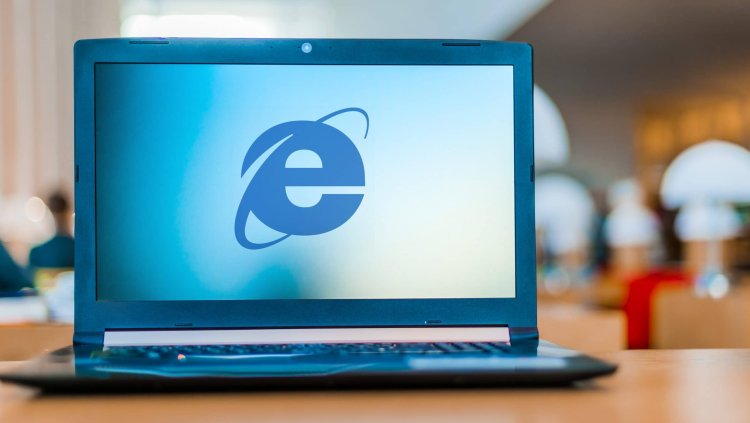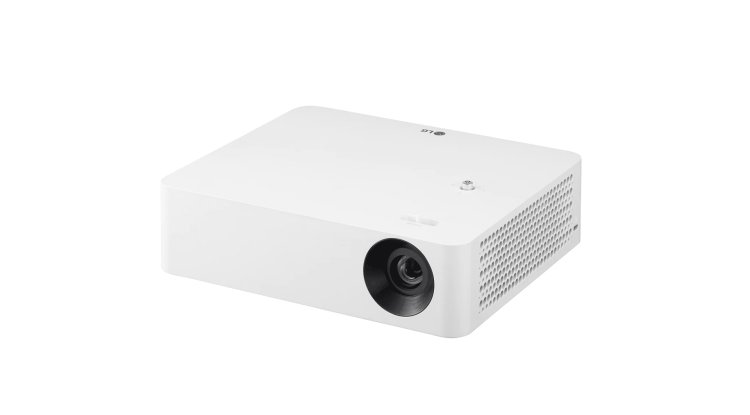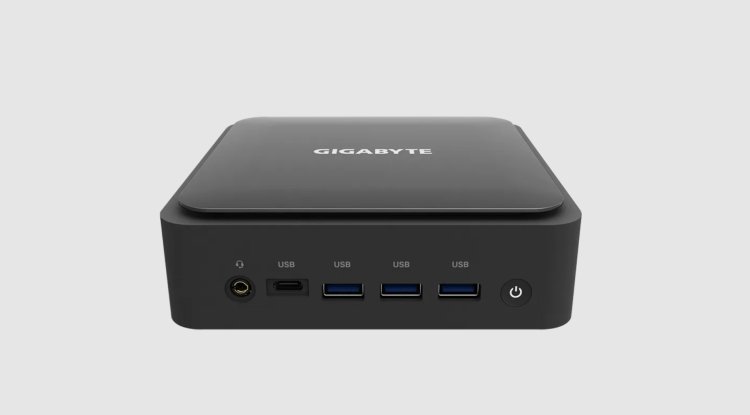This is the replacement for Internet Explorer

Microsoft has informed users that Internet Explorer will be terminated on June 15, 2022. A suitable substitute is already available.
The Internet was still in its infancy in 1995, but Microsoft distributed the first web browser to the world's PCs. Bill Gates, the founder of Microsoft, did not believe in free internet and sought to implement his own website standards with Internet Explorer.
Beginning with Windows 98, Internet Explorer was included with every new Windows installation. The forced connection to an operating system eventually resulted in the browser battle with Netscape and a slew of litigation. According to Microsoft, Internet Explorer will be officially decommissioned on June 15, 2022.
Since 2015, there have been no updates to Internet Explorer; the most recent version, Internet Explorer 11, launched in 2013 with Windows 8.1. Microsoft Edge, the successor to Windows 10, debuted in 2015. The Redmond business tried to gain points with its own Edge HTML rendering engine in the beginning, but customers rarely used the new Edge. Since 2020, Microsoft Edge has relied on Google Chrome's Chromium engine rather than its own Edge rendering engine. As a result, anytime Google releases a new edition of the open-source Chromium rendering engine, Microsoft continues to deliver updates with new versions of the HTML engine.
However, several businesses in the business customer environment continue to employ web applications that rely on Internet Explorer. If a user requires Internet Explorer, Microsoft Edge has an IE mode available. According to Microsoft, Internet Explorer mode will be accessible by 2029. In January 2022, Google Chrome was utilized by more than 65.8 percent of all PC users to access the internet. With this market share, the web browser is unquestionably the unchallenged leader.
Apple's Safari comes in second with a market share of 9.8 percent, and Microsoft Edge rounds out the top three with 9.5 percent. Mozilla's Firefox web browser came in second with a market share of roughly 9.2 percent, Opera followed in third, while Internet Explorer was still used by one percent of global PC users in January 2022. The remaining about 1.7 percent is shared by all other web browsers.




























